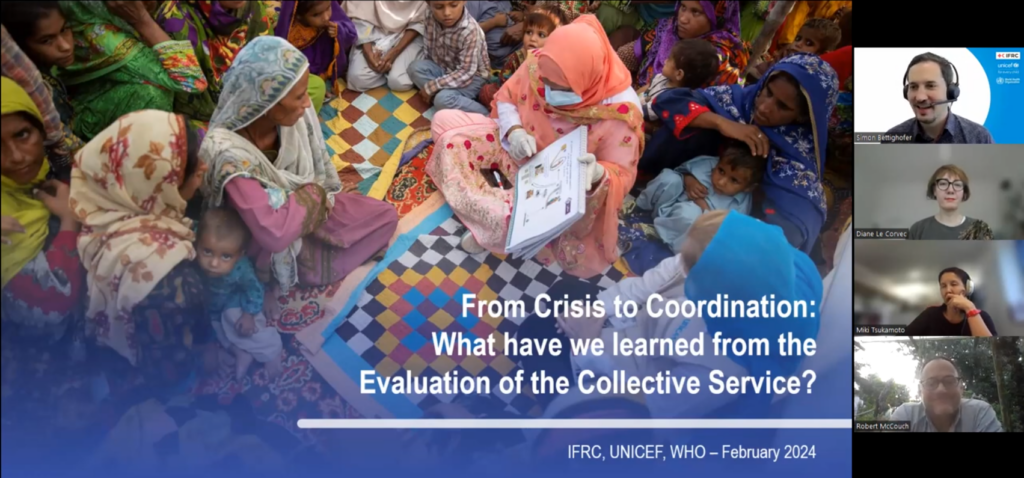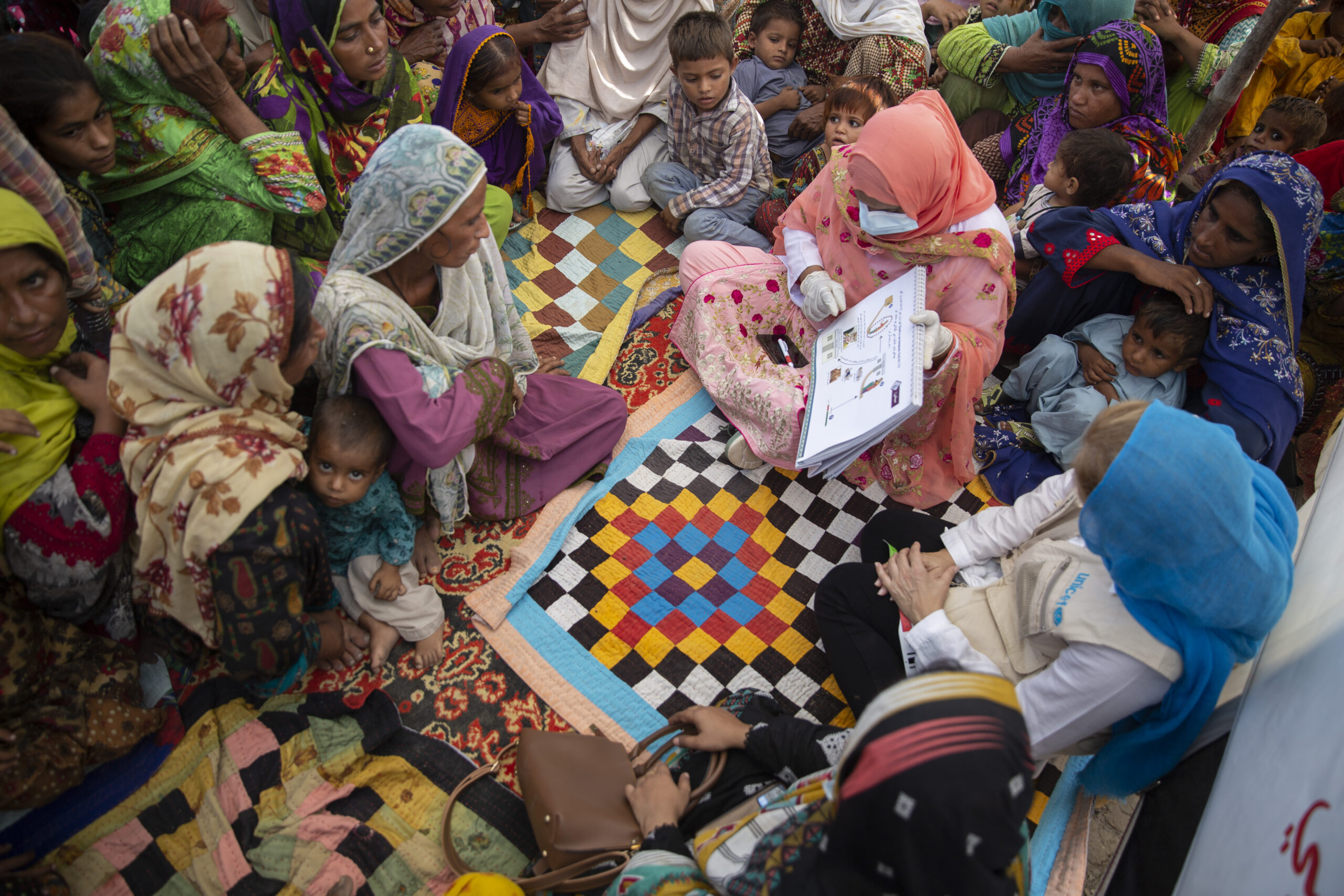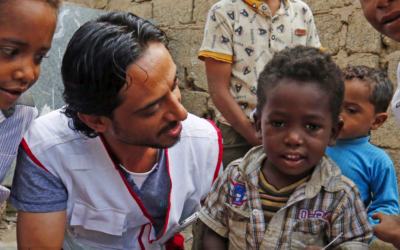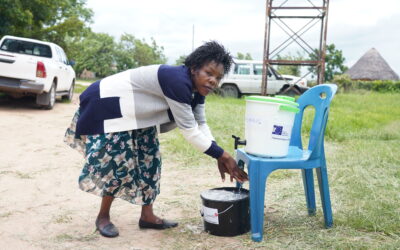On February 27, the webinar dedicated to the joint evaluation of the Collective Service took place and was hosted by UNICEF. The one-hour information session presented the results of how the collaboration of the three partners — IFRC, UNICEF, and WHO — has impacted public health coordination, discussed its challenges and achievements, and provided strategic recommendations for the future of the service.
Access the webinar replay – English version

Consult the Evaluation Brief
The strategic options suggested to determine the future level of ambition of the Service in terms of scale and reach are still to be discussed, and management’s response will be communicated within the coming weeks.




